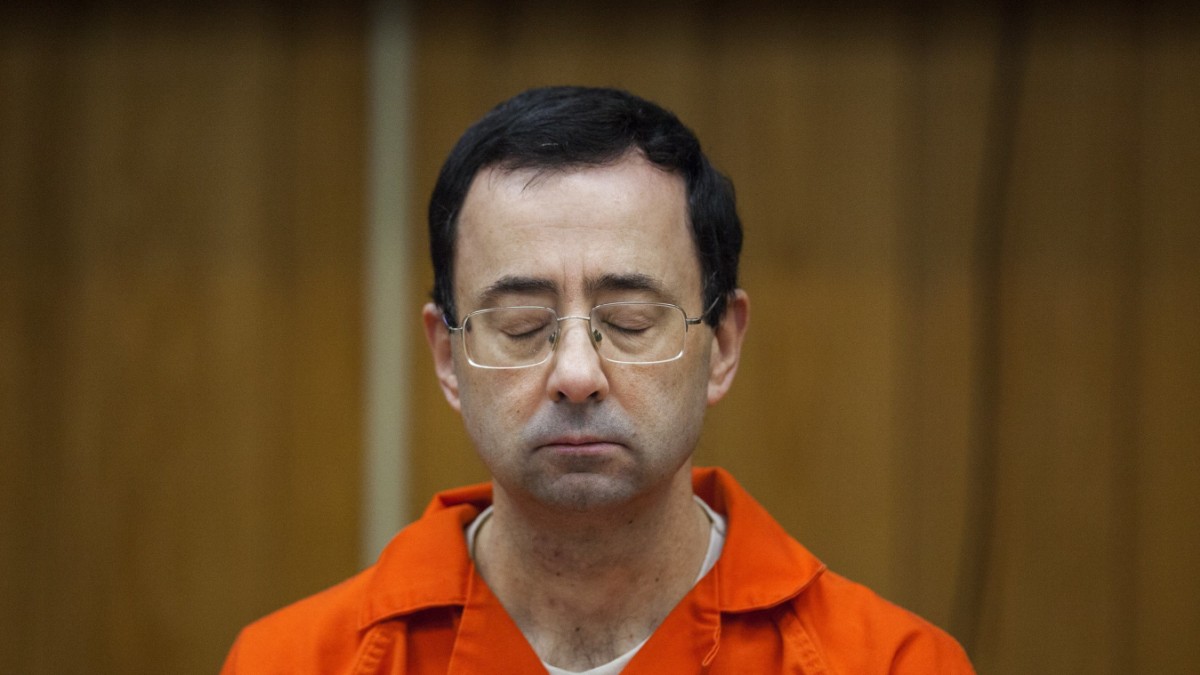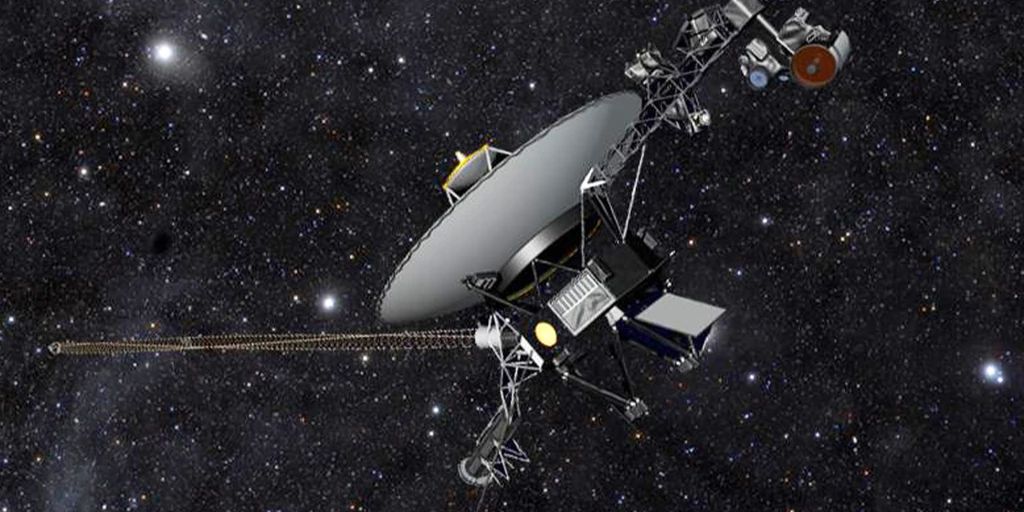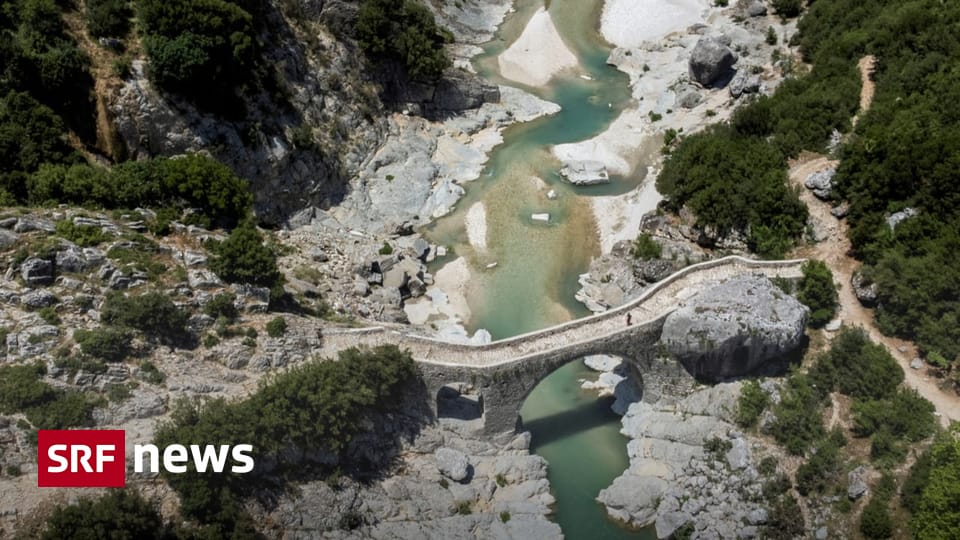A new national park will be built on the Vjosa River in Albania. Activists have been fighting for the project for ten years because the government planned to build several hydroelectric power stations along the river. It has now signed a Memorandum of Understanding with the outdoor clothing company Patagonia to protect the riverbed.
SRF News: What’s in the National Park on Vjosa?
Franziska Tschinderle: The Vjosa River is one of the last wild rivers in Europe. For 170 kilometers, it flows from Greece through southern Albania to the Adriatic Sea in an unorganized and undeveloped form.
The Vjosa River is one of the last wild rivers in Europe – it flows unregulated and undeveloped through southern Albania.
A broad environmental movement formed with many celebrities against the government’s plans for a power plant. And this movement has now succeeded: Prime Minister Edi Rama signed a declaration of intent according to which Vjosa should become the first national park on a wild river in Europe.
Why did the government abandon its own power plant plans and now support the national park project?
The government depends on tourism which has increased significantly in Albania in recent years. In the short term, large infrastructure projects such as power plants are good for the economy of a region and a country.
The government has weighed the goods – and it depends on tourism.
But in the case of the Fusa River, studies have shown that power plants will not operate efficiently in just a few years due to the debris carried by the river. In that sense, the government has likely weighed the goods – and is now focusing on tourism.
Caption:
In a way, the Vjosa resembles the mountain rivers of Ticino. This unique ecosystem must be preserved, and hydropower plans have been buried.
Reuters
How did Patagonia, an international company, get involved in signing a declaration of intent for the national park?
You hear behind closed doors that this was critical to the project. The California-based outdoor group with annual sales of $1 billion likes to be very environmentally conscious. In recent years, Patagonia has made Vjosa a near-global brand in Albania, a far cry from a US perspective.
Some say Rama just wants to distract from other projects – like an airport at a bird sanctuary.
On the other hand, Prime Minister Rama has very good contacts in the US, Albania is one of the most pro-American countries in the world. Now, if Rama’s government had destroyed Patagonia’s plans, it might have damaged him as well. There are also critics who say that by signing the agreement, he also wants to distract attention from other projects – such as a planned airport in a bird sanctuary a few kilometers from the banks of the Fiosa River.
Interviewed by Christina Schedger.

“Typical entrepreneur. Lifelong beer expert. Hipster-friendly internet buff. Analyst. Social media enthusiast.”





More Stories
Extreme heat warning in Thailand and the Philippines
Argentine President Miley announces a budget surplus – News
Mayor of a French city salutes Hitler – an “unfortunate gesture”